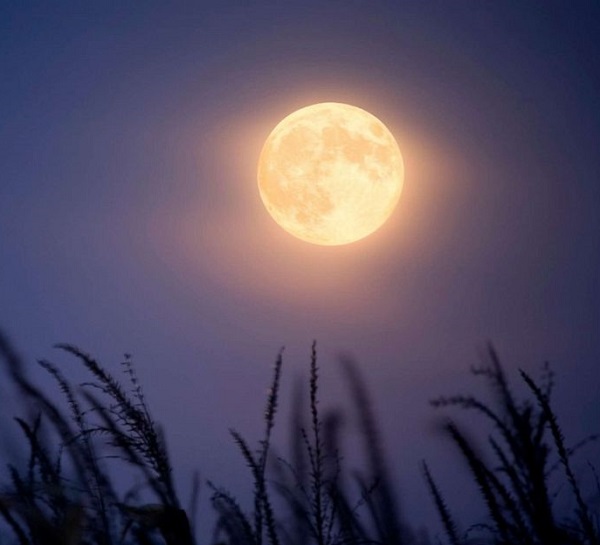FWP:
SETS == TRANSLATABLES
SUN: {10,5}
Long ago, when I used to knock myself out trying to translate Ghalib, this was one ghazal I worked on obsessively, though I never published it. Anyway, I note my version here for pleasure and nostalgia:
The moon at its fullest
is good.
My moon bright as sunlight
is better.She won't even give me a kiss,
She keeps her eye on my heart,
She feels the goods
she can get for free
are better.If it breaks I can get another
from the bazaar.
Compared to the Cup of Jamshid
my cup of clay
is better.A gift freely given
doubles the pleasure.
The beggar who does not ask
is better.When I see her
my face lights up.
She thinks the invalid
is better.Let's see what favor
it brings to lovers!
A pundit has said that this year
will be better.His axemanship won Farhad
a chance to talk with Shirin.
In any case, for everyone
to have a skill
is better.A drop that makes it all the way
to the river
becomes the river.
A task is worth undertaking
when its outcome
is better.[verse omitted]
Oh, we know the truth about Heaven!
Still, to keep the heart happy,
Ghalib, such a notion
is better.
In this ghazal Ghalib takes advantage of the fact that the Urdu comparative
of good [achchhā] is '[more] good than/from X' [kisī
chīz se achchhā]. Therefore he's able to make the refrain
shift at will from the one to the other. English, with 'good' and 'better',
hasn't got a prayer of keeping up. So in my translation I cheated, as you'll notice, in order
to keep 'better' at the end of all the verses. (Or rather, to put it more
elegantly, I chose to preserve the regularity of the refrain even at some
sacrifice of the literal meaning.) I also omitted the next-to-last verse,
since it wasn't worth the hassle of explaining it in footnotes. It's very
liberating to have this present commentarial space to work in, and not to be bogged down
any longer in (vain) attempts like the above.
What a ravishing, flowing,
light-hearted, irresistible ghazal this is! It makes me happy every time I
read it, it's so swingy. The rhythm and swing are a kind of unifying tone
for it, along with its relatively long and influential refrain. Its verses
mostly aren't profound and deeply metaphysical, but who cares? Ghalib can
create all kinds of effects when he wants to. And without this playful, witty
ghazal, his divan would
truly be the poorer.

Hali:
In the second line is a 'claim that includes a proof' [daʿvā-e mutaz̤ammin-e dalīl]: he has called the beloved a moon with the sun’s beauty so that a reason would emerge for giving her preference over the full moon.
==Urdu text: Yadgar-e Ghalib, p. 158